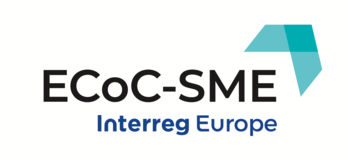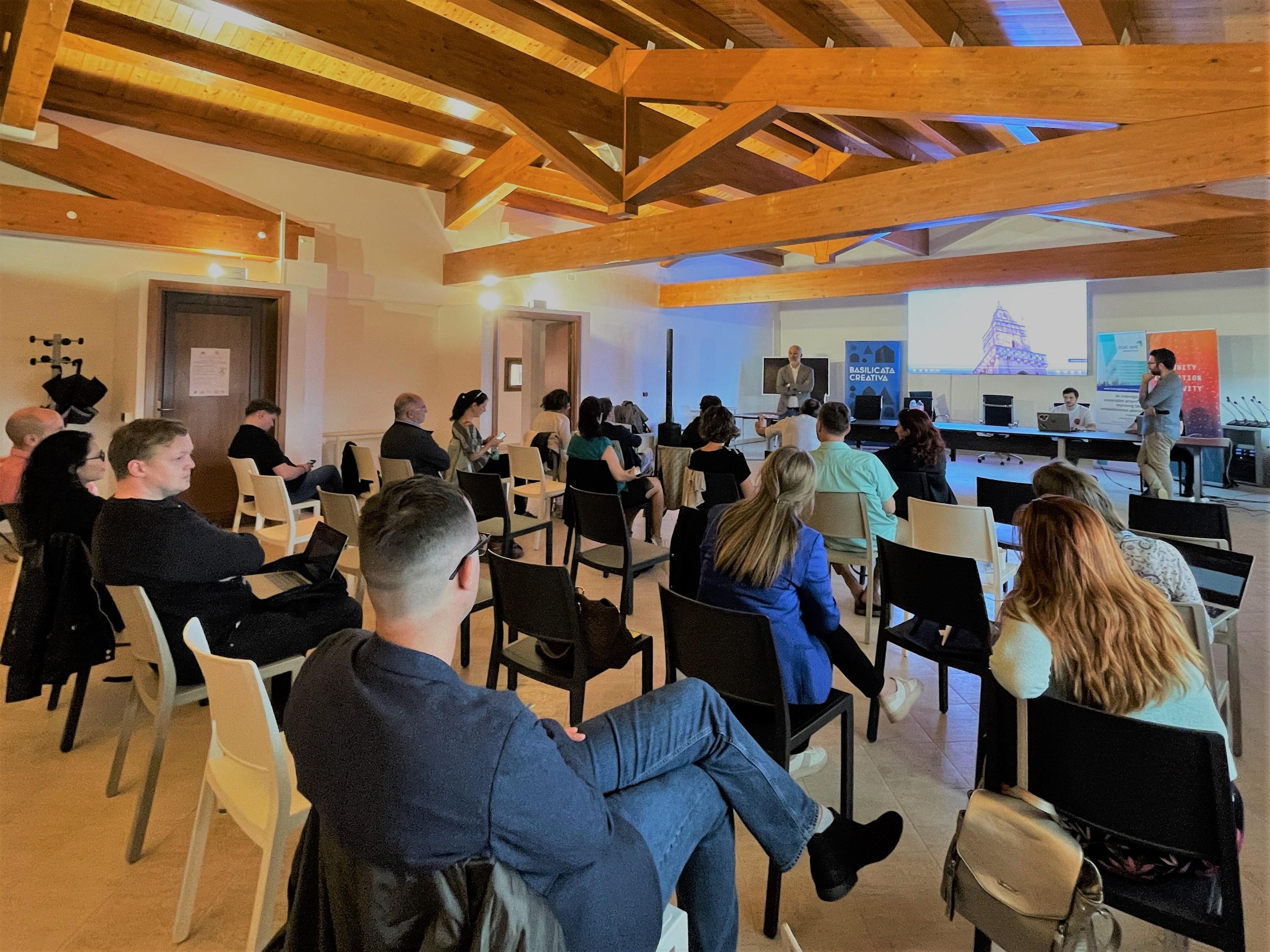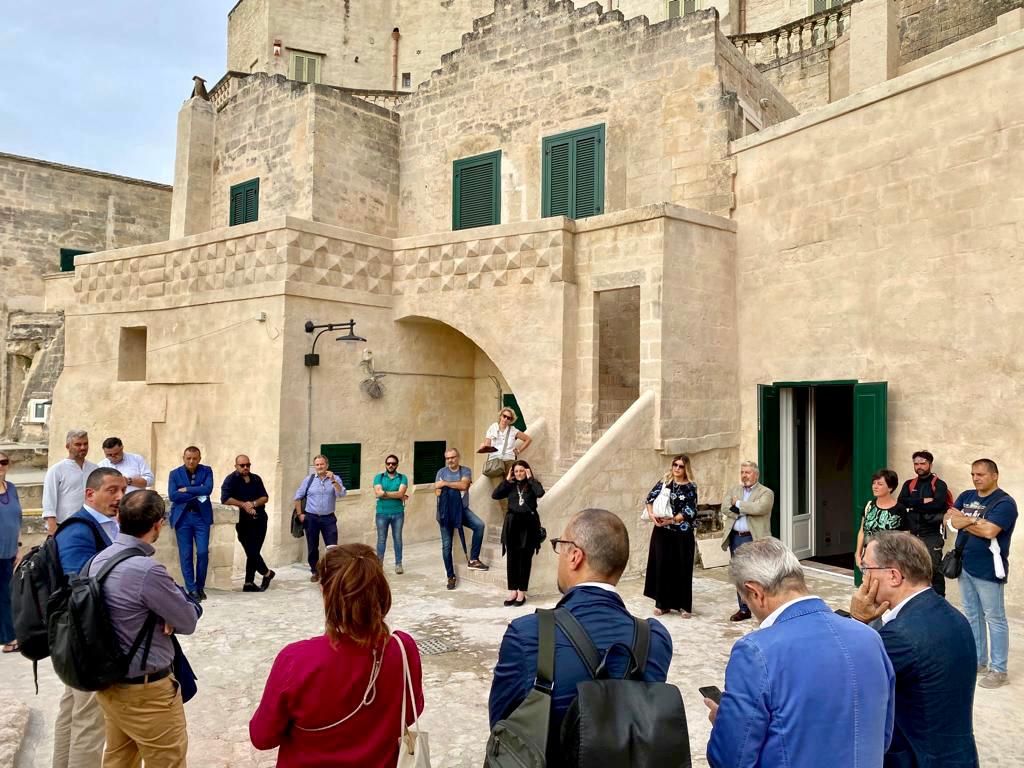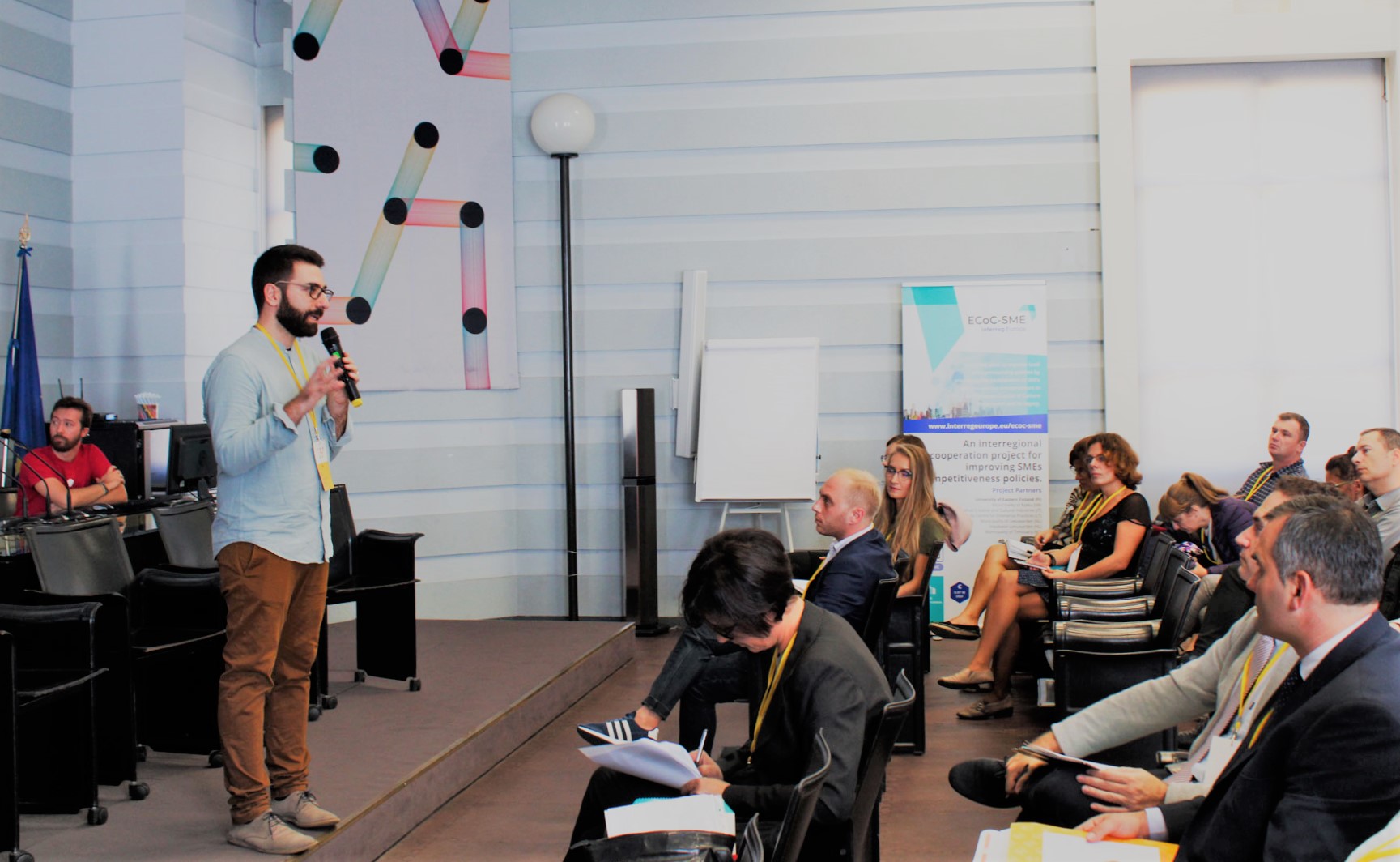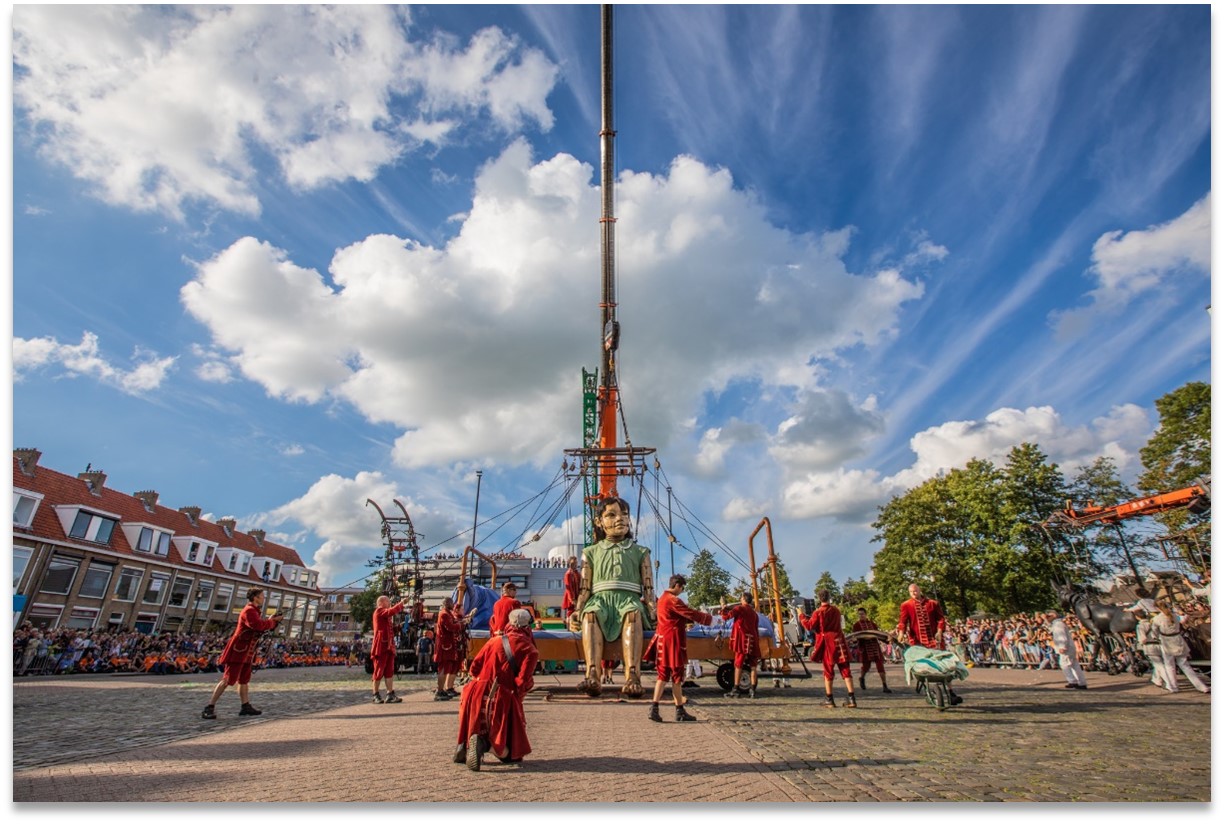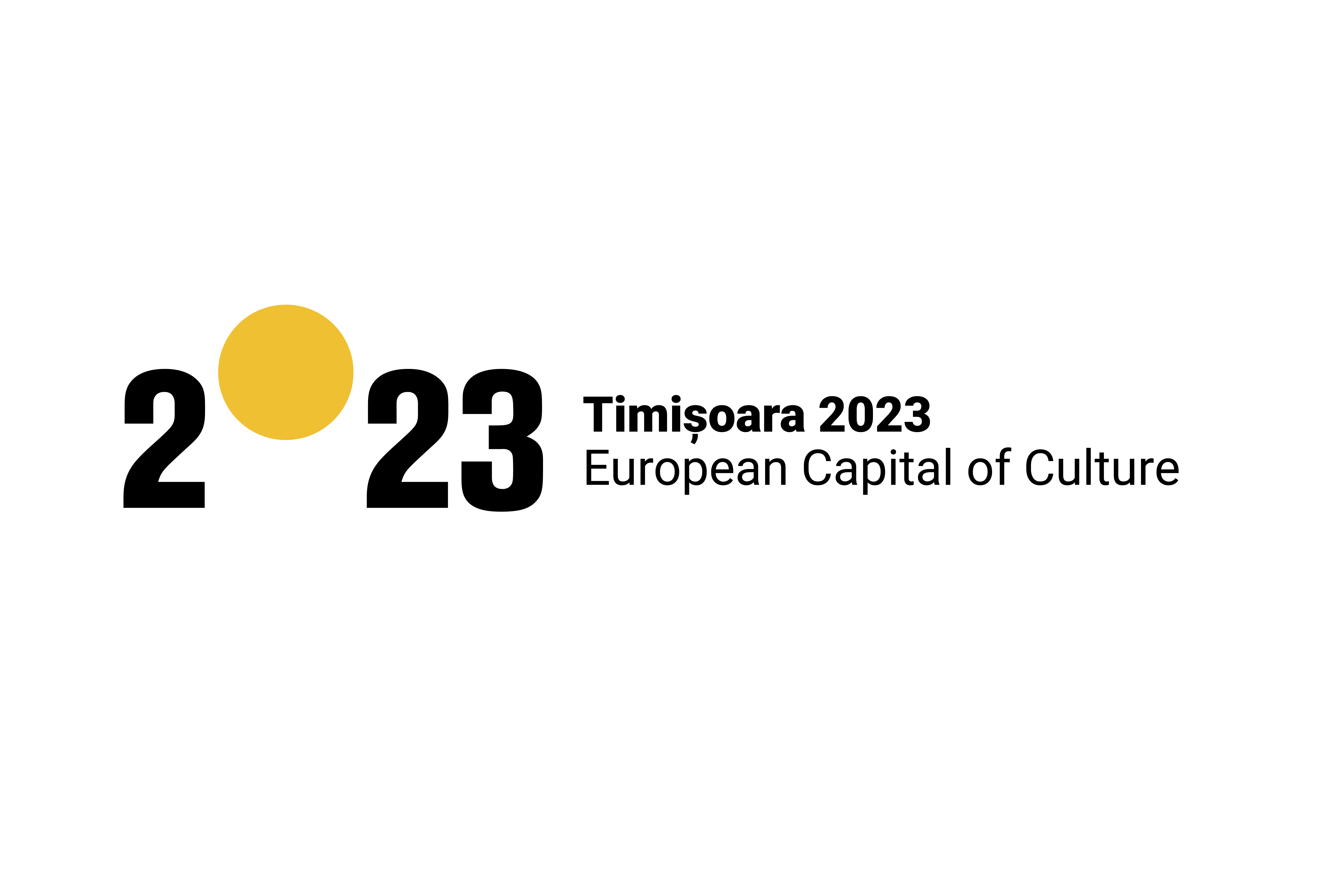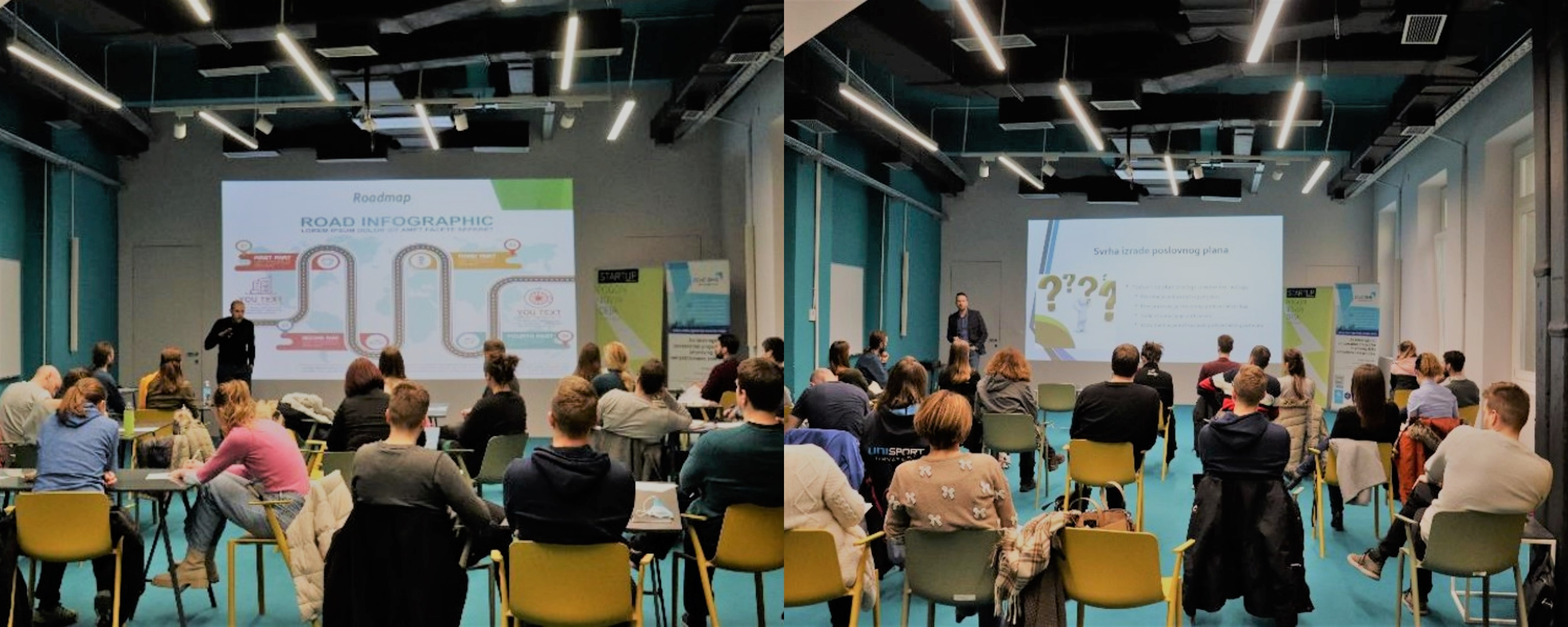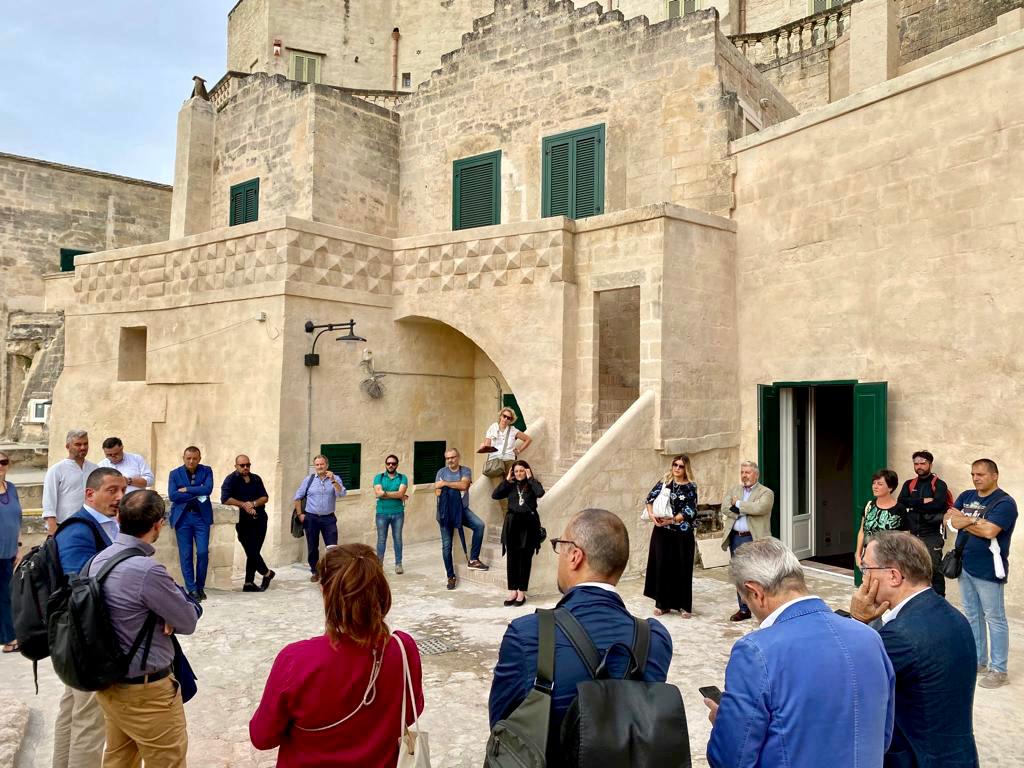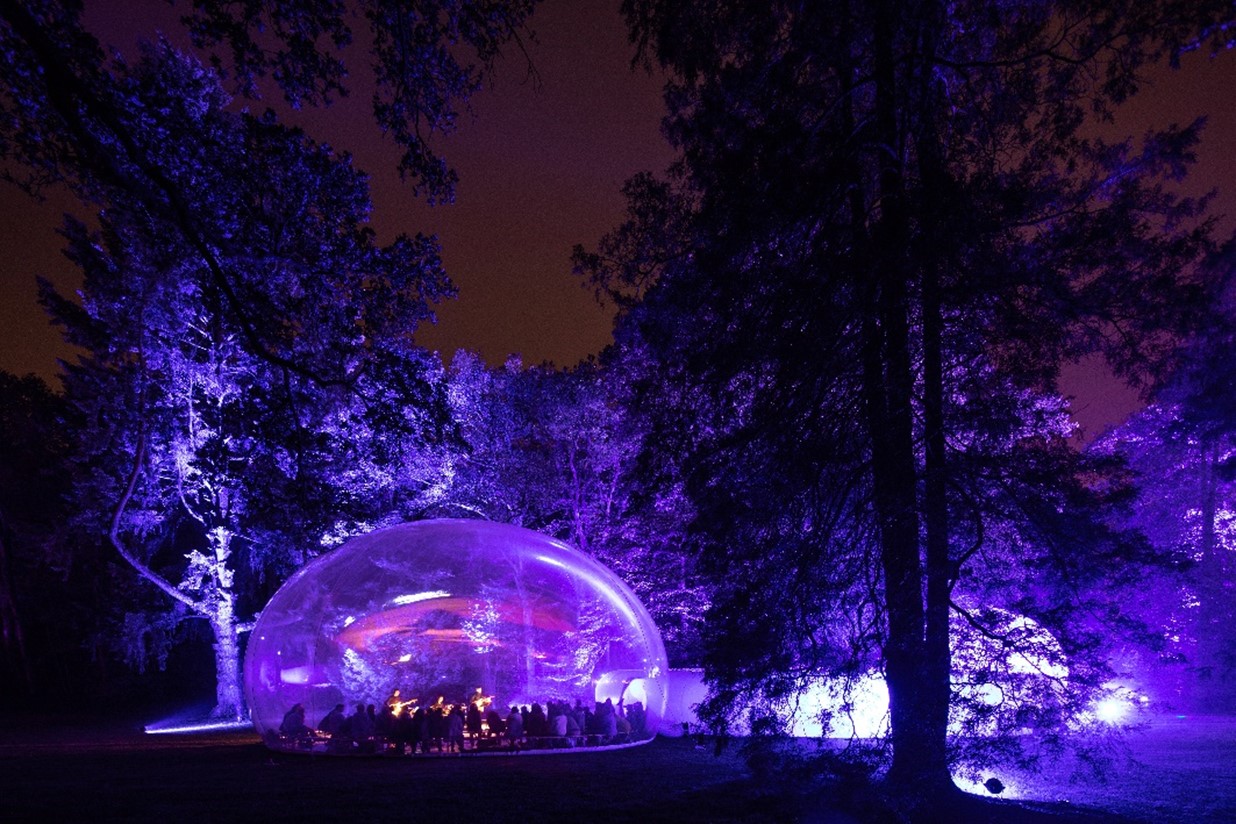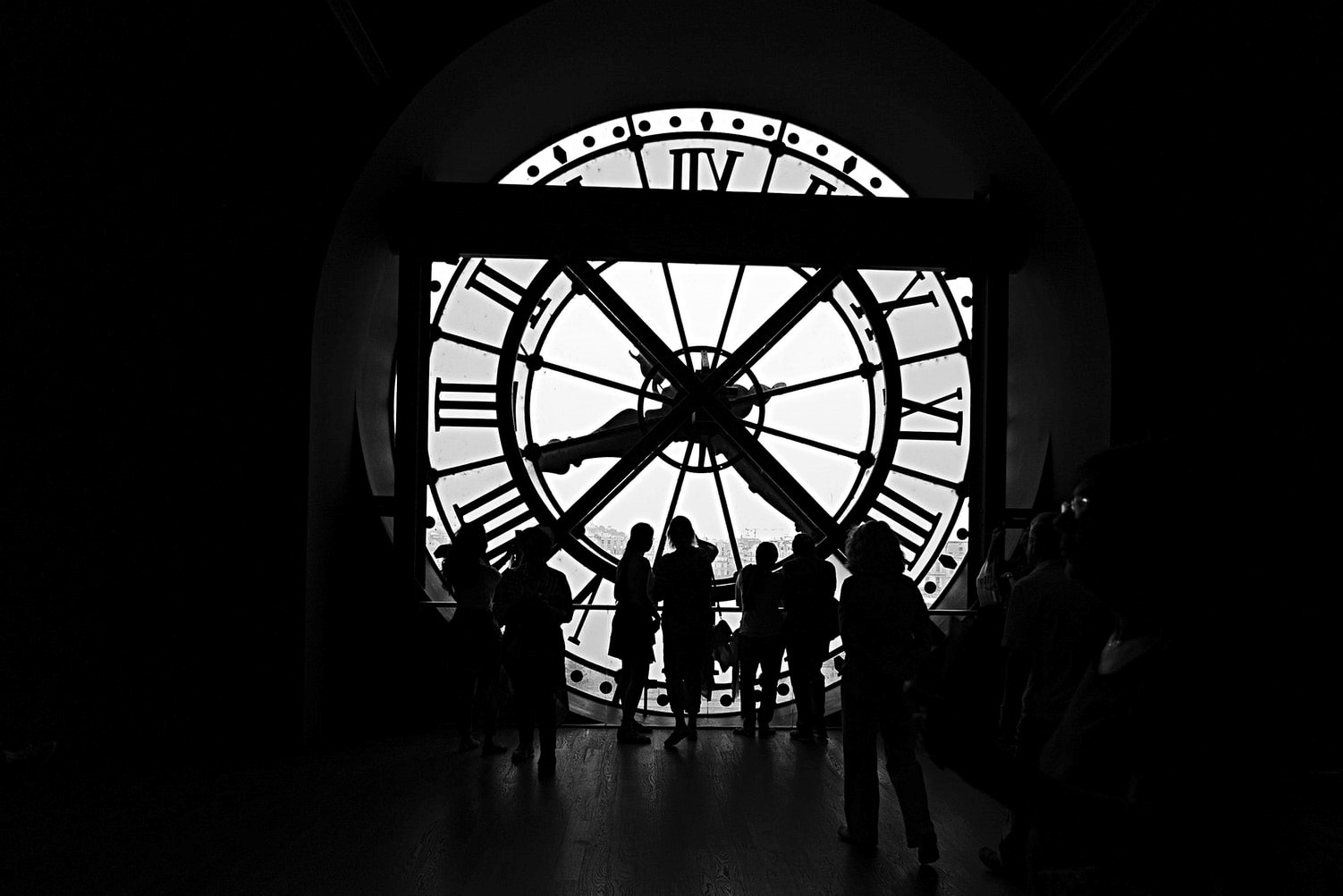Out of just another COVID-19 wave and immediately straight into the Ukraine war: the uncertainties are ever-present. Along our project lifetime, our partners have constantly waited and adjusted to the unforeseen events that greatly affect cultural interactions, the vibe of running and legacy ECoC events, as well as the financial frameworks of policy stakeholders.
Nevertheless, during our Project Workshop on March 7th, our partners came bearing good news!
First, the policy impacts of our project are starting to take shape.
Timisoara’s policy instrument change “The Integrated Urban Development Strategy Timisoara Growth Pole for 2021-2027” is almost ready to be approved by the Local Council, with the proposed new measure being “Stimulating cross-sectoral partnerships to include the CCI, business, and technology sectors in the context of the upcoming European Capital of Culture mega-event and its legacy years”.
Basilicata Heritage Smart Lab focuses on the recovery, maintenance, use, communication and dissemination of cultural heritage in Matera through (1) design of prototypes, (2) identification of local sites for prototype testing and (3) networking. Materahub is working with the Municipality of Matera for the youth to use one of the prototype at a heritage site to create tourism attraction. This has paved the way for a new agreement on collaboration between the public and private (start-up) sectors, which had normally been achieved through open calls.
Second, through the active implementation of the Action Plan, our partners are directly learning by doing.
Rijeka’s “Creative Doctors” is a problem-solving platform for start-ups. Start-up Incubator Rijeka posted a concrete, real-life business problem on behalf of the “patients” on their Facebook page, to receive advice in comments from “doctors”. Based on initial experience from the first few posts received, in order to further increase engagement rate among the otherwise remarkably high number of Facebook followers, Rijeka has bullet-pointed different corrective measures for the remaining period of their action, offering also useful advice for the design of similar actions in other cities and regions.
Timisoara is also considering adopting the Creative Doctors operation as an alternative for their own problem-solving platform for the CCI “Oxygen for Creative”.
Third, as we are entering the last leg of the ECoC-SME project, the final actions are being implemented after long preparation, promotion and delay due to COVID-19.
Leeuwarden is finally able to organise and test their start-up simulation “Cultural Launch Game” in real-life (offline) settings. Kaunas is rolling out various hackathons for university students and school children this month, as well as the multi-sectoral, city-level mentorship programme “Kaunas augina talentus”.
For more information regarding our five local Action Plans and implementation timeline: ECoC-SME Action Plan
